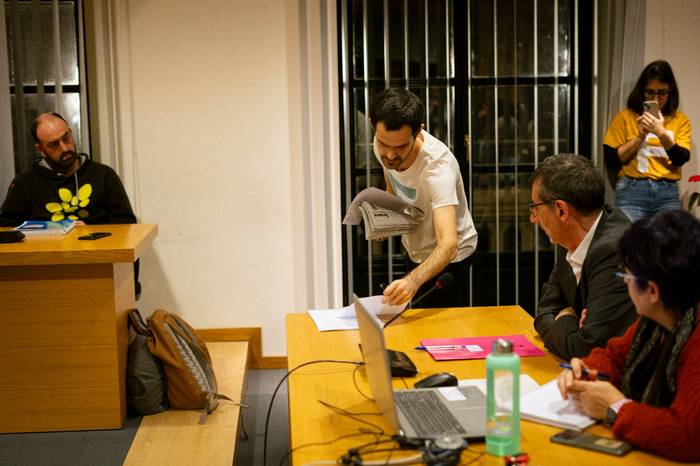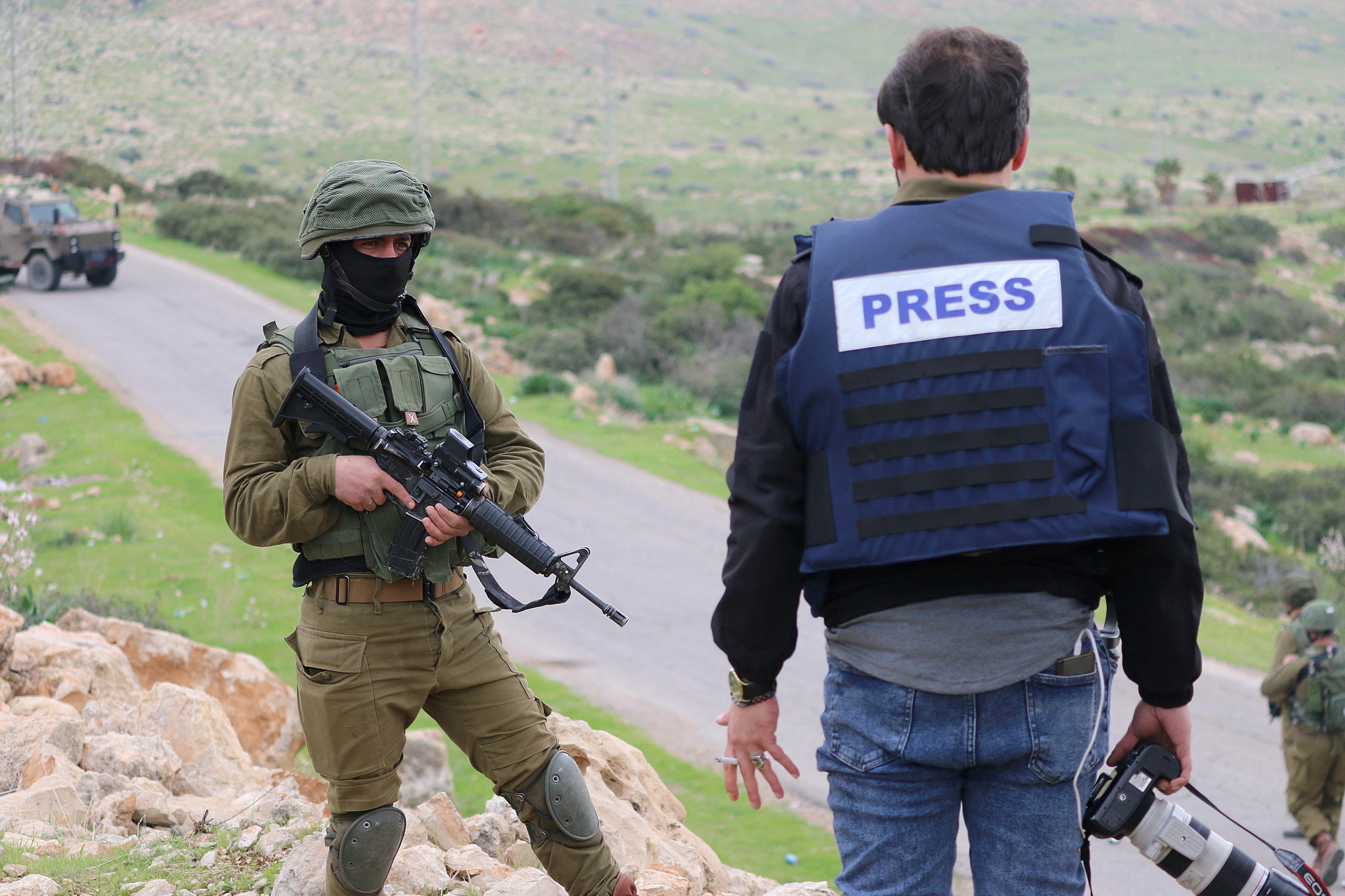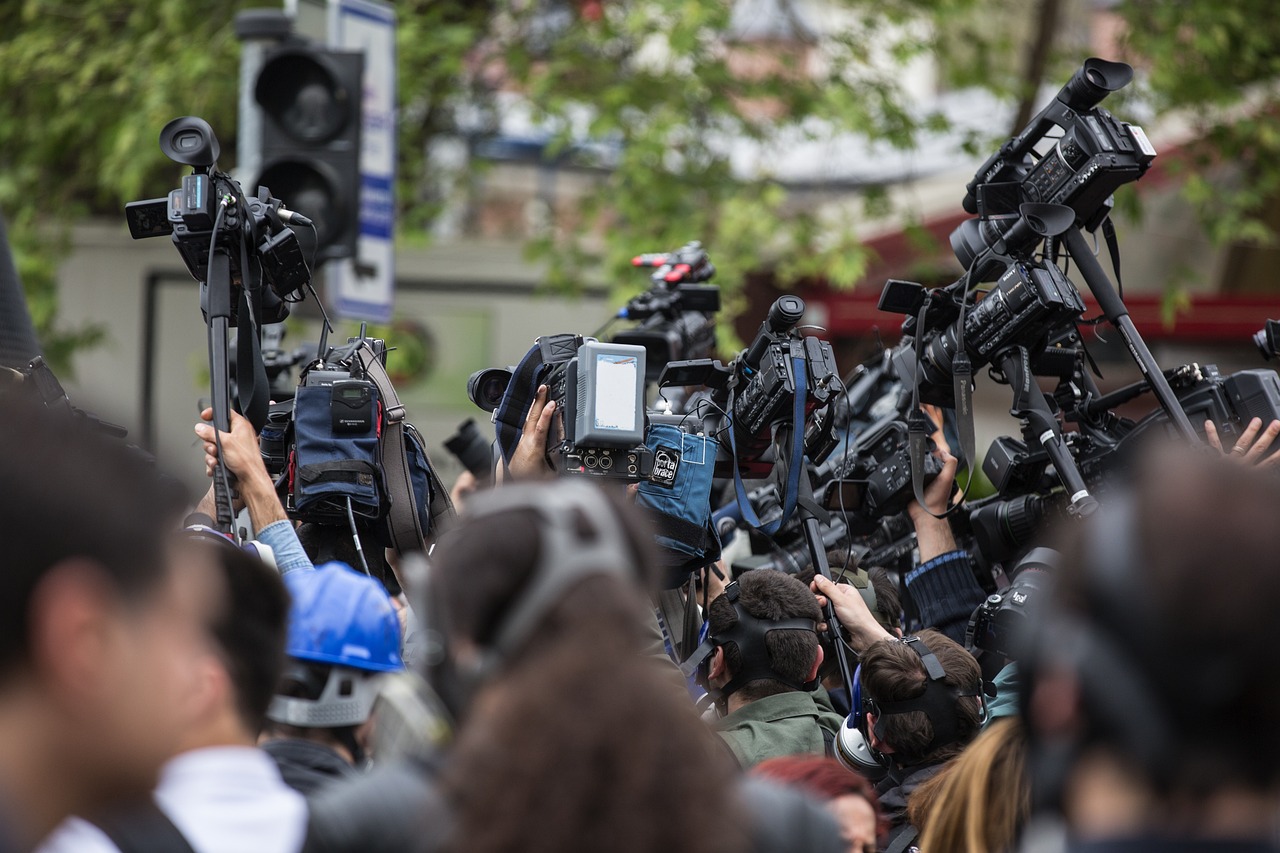"Men write history and tell things in their own way."
- Journalist and also mother who, unable to find the stories she wants for children, is dedicated to writing. In addition to mythology and Basque emotions, in recent times it has begun to collect biographies of the abrasive female paths that have been silenced throughout history.

Did journalism bring you from Irun to Pamplona?
Yes. I came to study. The truth is that at the end of the career I had the opportunity to return to Irun, my father was a journalist and could work with him in the advertising world, but I preferred to stay in Pamplona to try it out and also for reasons of love.
You were aware of the precarious conditions of the young journalists, right?
That's right. I started advertising and writing in Ezkaba magazine. I also worked in other small journals that lived in Barañain and EGN all over Navarra. I often had to write about things I didn't know. In Ribera alta magazine, for example, in Peralta, my first job was to make the sheet of bullfights, and I didn't know anything. I went to the Taurino Club and asked them to help me because I had no idea. For years I was in Tafalla, Cadreita… in many villages. At that time almost all municipalities belonged to UPN. The Basque people were completely foreign to them and when they called the editor they asked if there was “la Carmen”.
At first I had all the doors closed in the Ribera, and I struggled to get respect and more affection. These people have to see that the Basques are majestic, I thought. I got it somehow. I was for them “the Basque but the Maja”. In the same way, we have to get everybody to see that women have a lot of strength to do this world better.
I was at ease for eight and a half years. Then I worked in advertising and writing on Canal 4 and radio COPE.
I always say that this is a nice hobby and a miserable trade. It is a misery, but those of us who work on it like it, and that is our condemnation. I can't do anything else.
Barañain Auditorio Barañain over ten years in the communication office and now in the community of the Region of Pamplona. What is institutional communication like?
Very varied. The job here is not just writing press releases. I made posters in Barañain, talked to artists, managed social networks, organized presentations, programs… And now I write in an eco-blog, manage internal communication, social networks, press conferences, assemblies and institutional relations.
I always take the closeness to people very seriously. I believe that the journalist must be humble and must always be ready to learn. And it's imperative that we like to tell stories, of course, because after all, that's journalism. So I'm also looking for opportunities to tell books about things that I like.
"At first in the Ribera I had all the doors closed and I started: these people have to see that the Basques are majos. I got it somehow. I was for them ‘the Basque but maja’ ”
How did you start writing?
I've always done it because it's very therapeutic for me. When I was 10, I wrote my first story, and I gave it to my sister. With 14, I wrote a novel because I couldn't show what I had inside, and when the children were born, I saw that there was a lot to say and teach, and that stories are the perfect way to do it. I don't create stories. I do nothing but look around and tell what I see.
At home we have always had a close relationship with mythology and ancient legends, but the children did not know who Mother Earth is or what solar flowers are put for at the door of the house. I couldn't find the stories I wanted for them, and the same thing happened to my friend, Iraqi professor Izaskun Zubialde. That's why we started writing. That was six years ago. We soon saw that the people around us also wanted to read our work on Basque mythology, but because we didn't have money to do self-editing, we put it all free on Amazon to download it and in different languages. It was a past one, and in three days, we had 12,000 downloads. That was in December and in January, after appearing in a lot of places, the publisher Denonartean contacted us to publish the book. We did not expect anything, so all that has come has been a gift to us.
Shortly afterwards we signed an agreement with the UPV/EHU to make English translations of our works and those versions also move a lot on the Internet. Then we had the opportunity to write and publish books by Tartalo, Basajaun and Olentzero, plus mythological stories with the editorials Denonartean and Txalaparta. Next year we will take the fourth issue of this series of mythologies. They have been very welcome and after six years, many have also been sold in Durango this year, for example.
We also want to work on values and emotions, and so we wrote Lekim and Sumendi in the garden. Lekim was created by my son Mikel. When I was a child, I always said that when he got angry, he felt a kind of fireball inside, and the desire to expel him pushes him to scream and make noise. I cannot explain it better.
.jpg)
And why did you address the issue of women? This
was also created very naturally. Izaskun has a teenage daughter at home and we start thinking about what we can do to talk to young people about gender equality and to feel proud of ourselves. That's how it emerged without the Net. The story is called a woman, a work that became a finalist at the Euskadi Awards. It's time for many women who have made history of anonymity to begin to take place within history. We picked up the women around us, in many cases unknown by their name, but in their time it was very important that they did things.
This book is a tribute to these women and, at the same time, a wake-up call to all young people who believe that any time of the past was better.
The conductor Inma Shara, the soprano Ainhoa Arteta, the bertsolari Maialen Lujanbio or Bixenta Mogel, considered the first writer in Euskera, are some of the protagonists of this book. But there are also anonymous profiles, like a midwife who helped a whole village be born, or a war spy, or a customs agent...
We must not forget that men write history and tell things in their own way. This book wants to tell girls that you don't need to look for extraordinary women in the world, because each one of them is very unusual. We want them to value themselves.
And now you have fired the Gordos. What is this work? I
have worked the biographies of other women from Euskal Herria and from outside during the last two seasons, every week, in Euskalerria Irratia. Marie Curie, Virginia Wolf, Kattalin Agirre, Greta Thunberg… Old and Current Women. Curious and unique women. Now, in the lockdown, I've taken the stories of all of them to paper so that they don't remain in the shade and spread to the four winds. As radio podcasts were already made, I've linked them to the book through QR codes. In addition, I wanted to do it as a gift for radio. I wanted to thank him for his trust in me, and that's why all the benefits will be for the radio.
The path of women has not been easy, but it is gradually moving. Throughout history, men have always told what they have done and women, on the contrary, do not say what we do. But things are changing, we're changing. Before, strong women imagined themselves like men, but with breasts and now we are realizing that we have strengths and our own and that we have to put them into evidence.
What are they?
I think it is the sensitivity and the ability to give another point of view. We are generally more practical, but at the same time we know how to play without neglecting feelings. We are sponsors and we have a rich inner world. I'm not saying we're more than men, but no less. Women are always changing, we have many different stages throughout our lives, and that's not the same for men. We are always taking a lot of things into account and that is good. However, I do not believe that we have to make a competition to show which one is better. We are all necessary and good.
I've started writing about women when I realized I'm a woman. So far I've been very egalitarian in my work, but now I'm working in a world of men and I've realized I'm a woman. That is why I felt the need to speak and I think that is not good. This shortcoming must be rectified. Men don't feel the need to talk about them. There is something missing. In the administration, those in business are men, but it is changing and there is no other way. Little by little, we started climbing. I wouldn't copy the world that men have thought, I think we have our own capabilities. We cannot use the same tools and we all have to achieve a better world, not by putting each other against each other.
"Before, strong women imagined themselves like men, but with their breasts and now we are realizing that we have strengths and our own and that we have to put them out."
Do you think of yourself as a feminist?
I don't, but some people consider me that way. I am not aware of being a woman, and when I realize I get angry because someone has reminded me of it. We're all people and period. I'm just a poor working woman and a mother.
Looking to the future, what is the main challenge for women?
Transmitting all this to the new generations, but not everything is in our hands. During the lockdown I've been horrified to see how we've gone backwards. The woman has stayed at home again with great concerns, family, home, care, work, studies… All for us. Lockdown has not been the same for everyone, and that needs to be seriously considered.
With Amazon you’ve published this latest book and that’s why you’ve been criticized… For
me it’s been a shame the answer given by some. I made this book with the intention of thanking the radio for this opportunity and I started exploring some paths. From the very beginning I found great difficulties. To do self-production, you have to advance the money, you need a book store and look for points of sale. I couldn't get into that and I couldn't do that work on the radio. In addition, I wanted all the proceeds to correspond to the radio. If you work with an editorial you only get 10% and it's not easy to get someone who's willing to publish your work. After seeing all of this, the easiest thing for me was Amazon's choice. People can download the work online whenever they want and if they want to do it on paper, they send it home for 15 euros. In this lockdown situation I didn't think it was wrong and it also allowed me to take a third of the money directly to the radio. So I decided to go up to the Amazon. My intention was good. I know Amazon is now like the devil, but it also has good things. Let's take good things, not forgetting the shops and services around us. I don't like that Amazon oppressive model at all, but I've used it in this lockdown, and like me, a lot of people, and we have to accept it.
I am sorry that some people do not want to see all those difficulties and all those reasons. I think it is wrong to remain critical, without giving any solution.
Kazetaritza ikastera Iruñera joan eta bertan gelditu zen. EGN Comunicación taldeko aldizkari txiki askotan, COPE irratian eta Canal 4 telebistan aritu ondoren, Barañain Auditorioko komunikazio arduraduna izan zen hamar urtez. Gaur egun Iruñerriko Mankomunitateko komunikazio bulegoan egiten du lan. Seme bizkiak jaiotzean hasi zen haurrentzako ipuinak idazten: Euskal Mitologia I eta II, Tartalo, Basajaun, Olentzero eta Mari Domingi, Sumendi bat baratzean eta Lekim liburuen egilea da Izaskun Zubialde eta Asun Egurzarekin elkarlanean. Historian izan diren ezagutu beharreko emakumeen inguruan bi lan argitaratu ditu: Sarerik gabe eta Gizalabak. Bigarren honetan Euskalerria Irratian azken hiru denboralditan eginiko kolaborazioak bildu eta QR kodeen bidez testuak eta irratiko podcastak uztartu ditu. Bidasoa eskualdeko idazleen Oskarbi Kultur Elkarteko presidentea da. Martxoan helduentzako bere lehen eleberria kaleratuko du, honetan ere emakumeen ahalduntzea ardatz hartuta. Euskaldunberria eta hiztun bikaina.
Vietnam, February 7, 1965. The U.S. Air Force first used napalma against the civilian population. It was not the first time that gelatinous gasoline was used. It began to be launched with bombs during World War II and, in Vietnam itself, it was used during the Indochina War in... [+]
Hirietako egunerokoa interesatzen zaio Sarah Babiker kazetariari; ez, ordea, postaletako irudia, baizik eta auzoetan, parkeetan, eskoletan, garatzen den bizitza; bertan dabilen jendea. Lurralde horretan kokatzen dira bere artikuluak, baita iaz argitaratu zituen bi lanak ere... [+]
The other day, as I was walking through the famous television series The Wire, there came a scene that reminded me of despair. There, the management of the newspaper The Baltimore Sun brought together the workers and alerted them to the changes that are coming, i.e. redundancies... [+]














.jpg)






